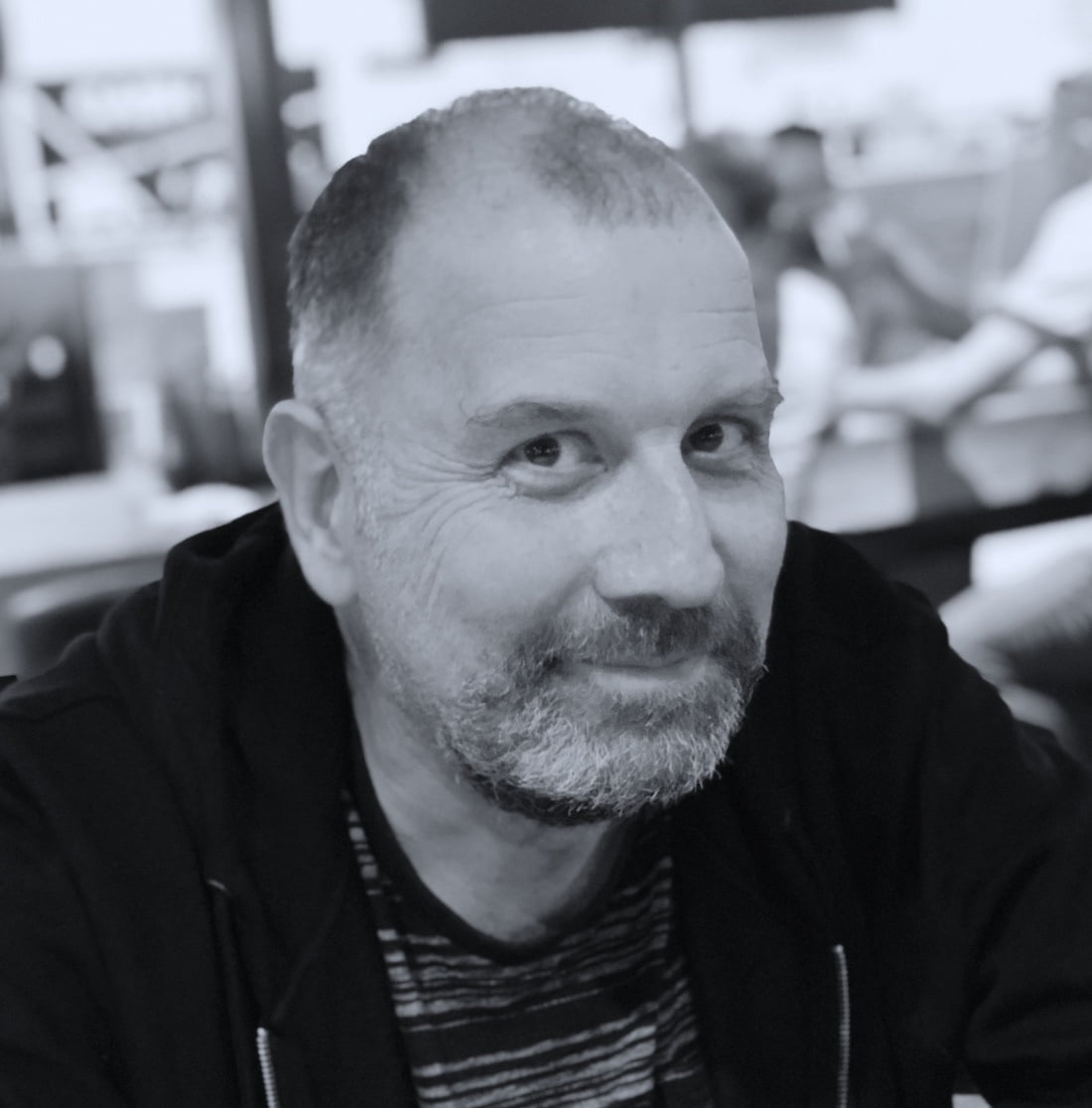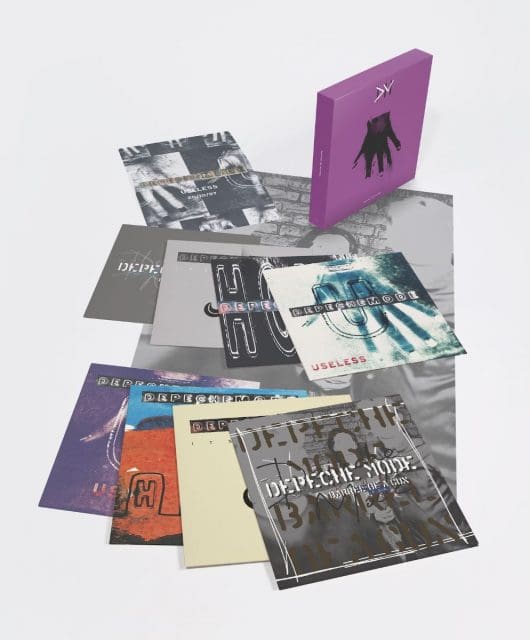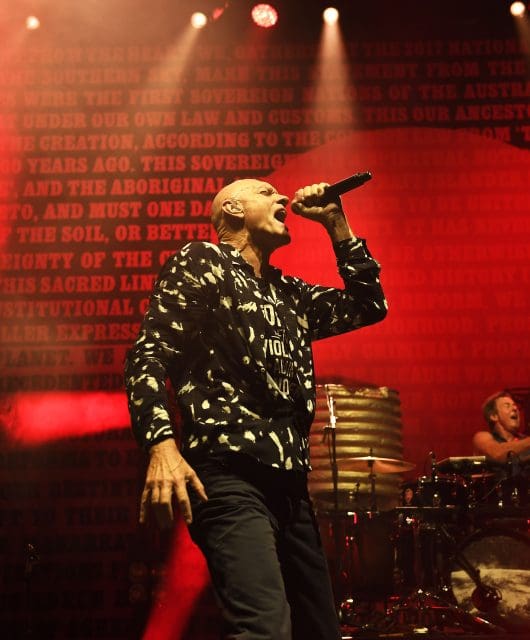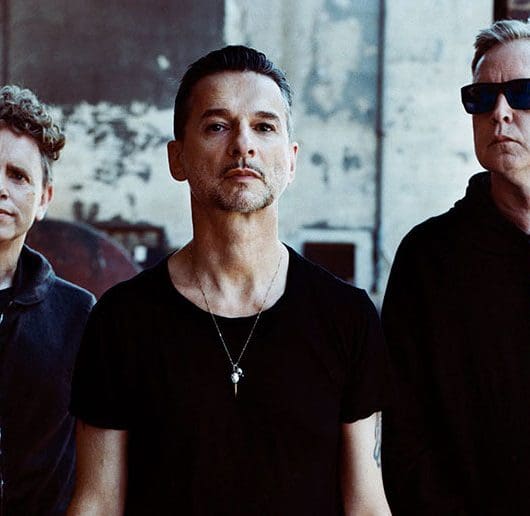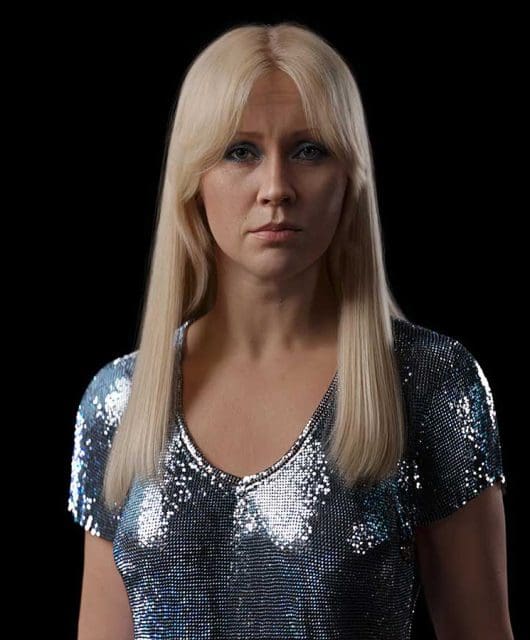Q&A: Kylie producer Lostboy talks Padam Padam and more
By Andy Jones | January 5, 2024
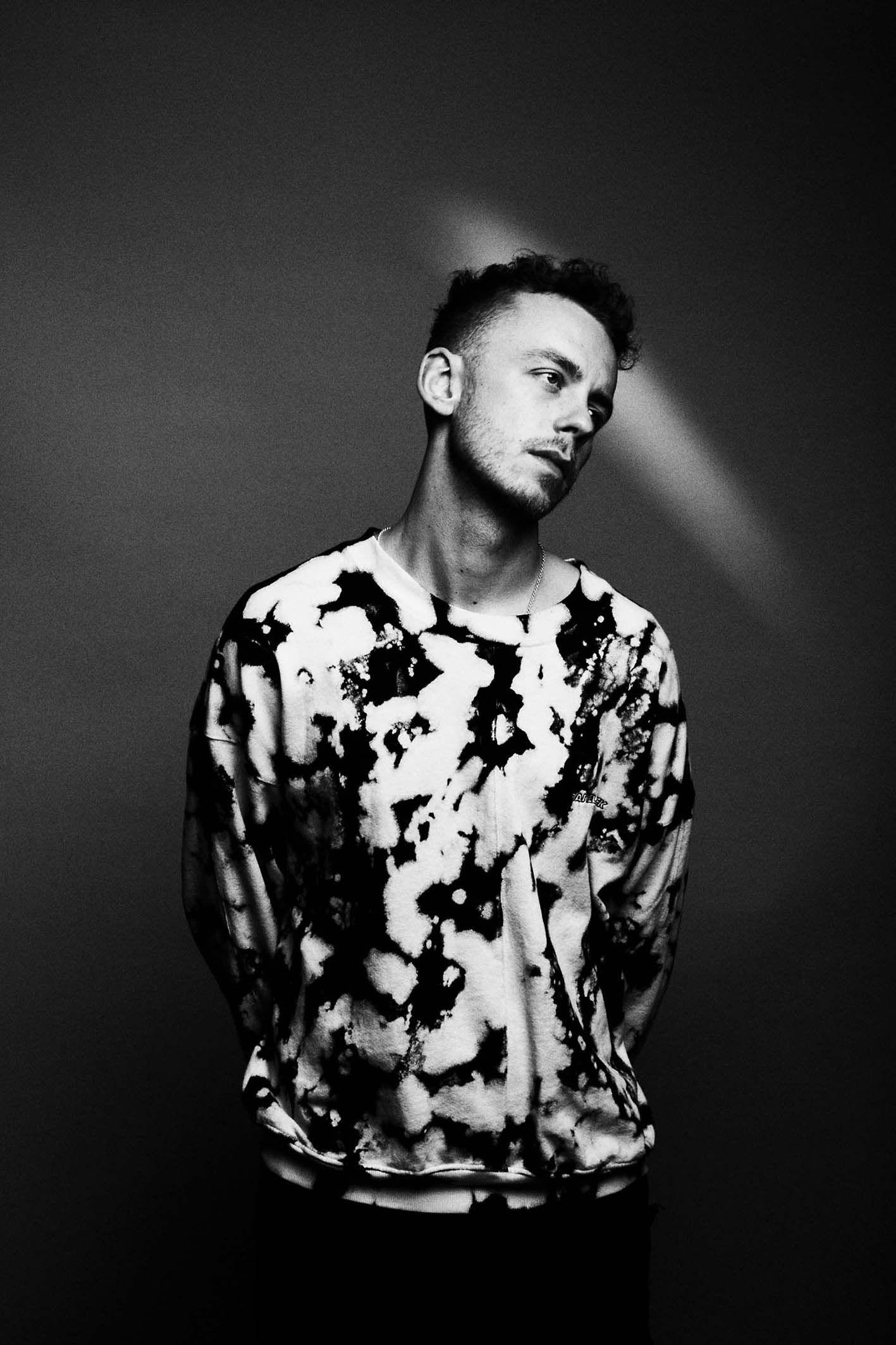
In an exclusive Classic Pop interview, producer Lostboy reveals the story behind tiktok sensation Padam Padam, Kylie’s unstoppable lead single from her new album Tension…
Lostboy, aka Peter Rycroft, can do very little wrong at the moment and has lit up the charts with remixes and full productions for the likes of Little Mix, Calvin Harris, The Vamps, Anne-Marie and Rita Ora.
But nothing could prepare him for the amazing success of Kylie Minogue’s Padam Padam, a track he wrote with Ina Wroldsen in 2022. With a video that set every social media platform on fire and a tune that is in equal parts camp Eurovision kitsch as it is 2023 cool, Padam has already become one of Minogue’s bona fide classics, even before the launch of her 16th album, on which it will be surely the signature track.
Here, Lostboy reveals the story of the song to Classic Pop, created in a day and lasting barely more than two minutes, but one that he crafted into a song that has ended up being yet another standout moment of Kylie’s 30-plus year career. “I think even she was completely taken by surprise by it,” he says.
How and when did you first get into making music and music production?
I was at school in various bands. They were all pretty bad to be honest, a lot of heavy metal and a lot of classic rock. I basically got into production because we were attempting to record our demos and make our shitty little songs sound half decent, but I really didn’t have any idea about what I was doing. As I got older I started realising that I was way more interested in pop music. I became fascinated with the science of it. I got to a point that I was really breaking down records that my dad would play – a lot of Peter Gabriel and Genesis – and I found myself becoming obsessed with the sounds. We used to listen to a lot of Seal and Trevor Horn’s productions, and that kind of hybrid of live music and programmed electronic stuff set me off on an electronic path and I started to learn about that.
How did that education progress?
I got a place at LIPA in Liverpool but something just switched in my brain. I took a year out after school and was touring around Europe in a couple of bands and I just realised that everyone I needed to know or meet was in London, so I decided to switch from Liverpool to London and got a place at a small university called London Centre [College] Of Contemporary Music. I didn’t last long there. Within a year I’d met a manager and was always out meeting people.
And we’re guessing that meeting people ended up leading to a breakthrough?
It was working with an A&R called Joe Kentish. He is now the President of Warner Records in London, and has signed people like Dua Lipa. At the time he was looking after a few things and gave me some opportunities. He heard a Gabrielle Aplin song that I’d worked on, that I wrote and produced with Gabrielle, and got me involved in a few little production things. And then a producer called Fraser T Smith heard some stuff I’d done, and I ended up signing my first publishing deal to him. He was a great mentor. I learned a lot from him, more on the social side of things, how to be with artists in a room and how much time you’d spend getting to know them.
So how did it go from working with Fraser to huge artists like Calvin Harris, Little Mix, Lewis Capaldi and Rita Ora?
It was a culmination of just doing so much, saying ‘yes’ to everything, trying to stand out and just deliver the best thing that I could. My whole career has never been an overnight moment of success, like a big flash and it was there. I remember at the time being a bit frustrated and thinking I wanted that. But now looking back I’m far more grateful that it was this slow and steady thing because I honed my skills I guess. It teaches you to be humble.
And now it’s the opposite and people are knocking on your door without you doing the hard work.
Absolutely, I’m very lucky. We’re definitely saying ‘no’ a lot more than we are ‘yes’. It wasn’t always like that and I don’t want it to sound like it was easy! It wasn’t, but if you genuinely enjoy making records and even if you know the song isn’t going to go anywhere, it is still fun, so in that sense it is easy.
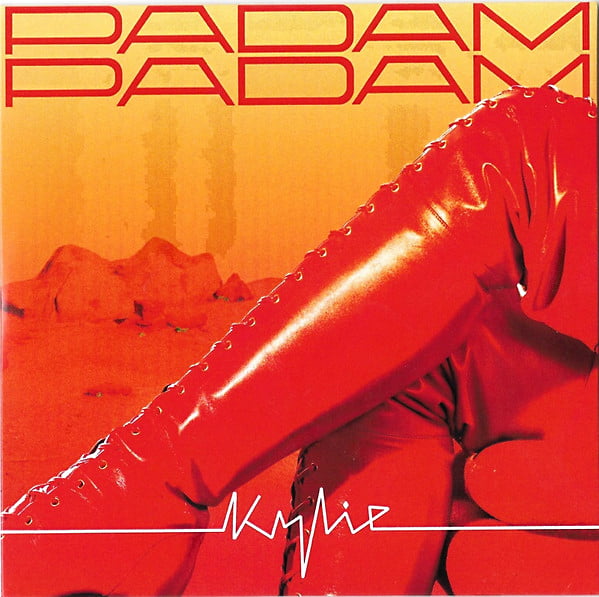
How did Kylie’s Padam Padam come about?
A lot of what I do is what we call ‘pitch’. So you write a song with friends or collaborators, either with an artist in mind or just for the sake of writing a song, and then you pitch that to artists who are looking for songs, or you just send it out randomly to friends and contacts. I actually love to do it because it is an excuse to really get into the science of a song without an artist actually being there. That is basically what happened with Padam Padam. It was just me and Ina Wroldsen, who is an amazing songwriter, a bit of a hero of mine and someone I grew up looking up to. It was our first session and we had two days and it was the second day that we wrote Padam. It was [done in] one day really as the first day was kind of shit and we were both like, “Let’s hope we can come up with something tomorrow!” And then I got to the studio a little bit earlier than her and had this… you know, like the chords that come in at the beginning that major/minor thing was happening, a kind of rolling synth. I just had that and it was sort of rolling around in a loop. I had no idea if Ina would be into it, and then she was and we were just writing over it building as we went. To be honest, the demo at the end of that day is literally what you hear [now],
I mean not Kylie’s version but with Ina’s vocal [taking the part of Kylie’s].
Were you aware as you were putting the track together how big it could be?
To be totally honest with you I didn’t think it was anything. I thought it was ok and obviously at that stage we hadn’t even thought of Kylie, we were just making this thing. I remember thinking at the time, “This is so fun”, but it was also incredibly camp, and so kitschy that it limits the pitch options, so in my head I was already thinking, “Well, where is this going to go?” In fact I remember we were thinking, “Maybe there’s a Eurovision artist who could do this?” You know it has got that sort of energy and it’s no coincidence that the LGBTQ+ embraced it with such ferocity.
So when did Kylie come into the picture and record the track?
We wrote Padam in February 2022 and there were maybe four or five months of us sitting on it. Then I sent it to Jamie Nelson at BMG [as] someone had suggested to me at a meeting, “Oh my god, Kylie would kill this!” I think the label were unsure and there was a moment when Rita Ora was going to cut it and it was worming around a few artists on that label. They were trying to make it work but they didn’t think it was for Kylie. After a while I think she heard it or someone sent it to her and she was the one who was like, “Wait a minute, this feels like a good idea”, and that was it really.
It is quite different for Kylie, were you surprised that she embraced the track so well?
I guess I was surprised at how confident she was that she could make it, that it would fit for her. But in the same breath I wasn’t really [surprised] as I think of her as someone who is so good at reinventing. Especially in the landscape of music that we are in now with social media and everything, she is so smart and knows that all it takes sometimes for a thing to go is that it’s a bit weird or a bit different. Looking back, if we’re analysing it, I think it is just because it’s not the obvious choice for her and people weren’t necessarily expecting it. It feels modern but it also feels like Kylie and it has this weird x-factor that is just hard to explain.
How did the song production work on a practical level? Did you send her the demo you recorded with Ina and ask her to sing over it?
Yeah, essentially. I would have sent her the instrumental and stems of the vocal separate so she could hear what is going on and record what she wants to record. But I’m fairly confident that she recorded it herself on her laptop. I don’t have that in writing but do remember someone telling me that was how it was put down. She just sent me the stems and then I went through them and tweaked them just a little bit.
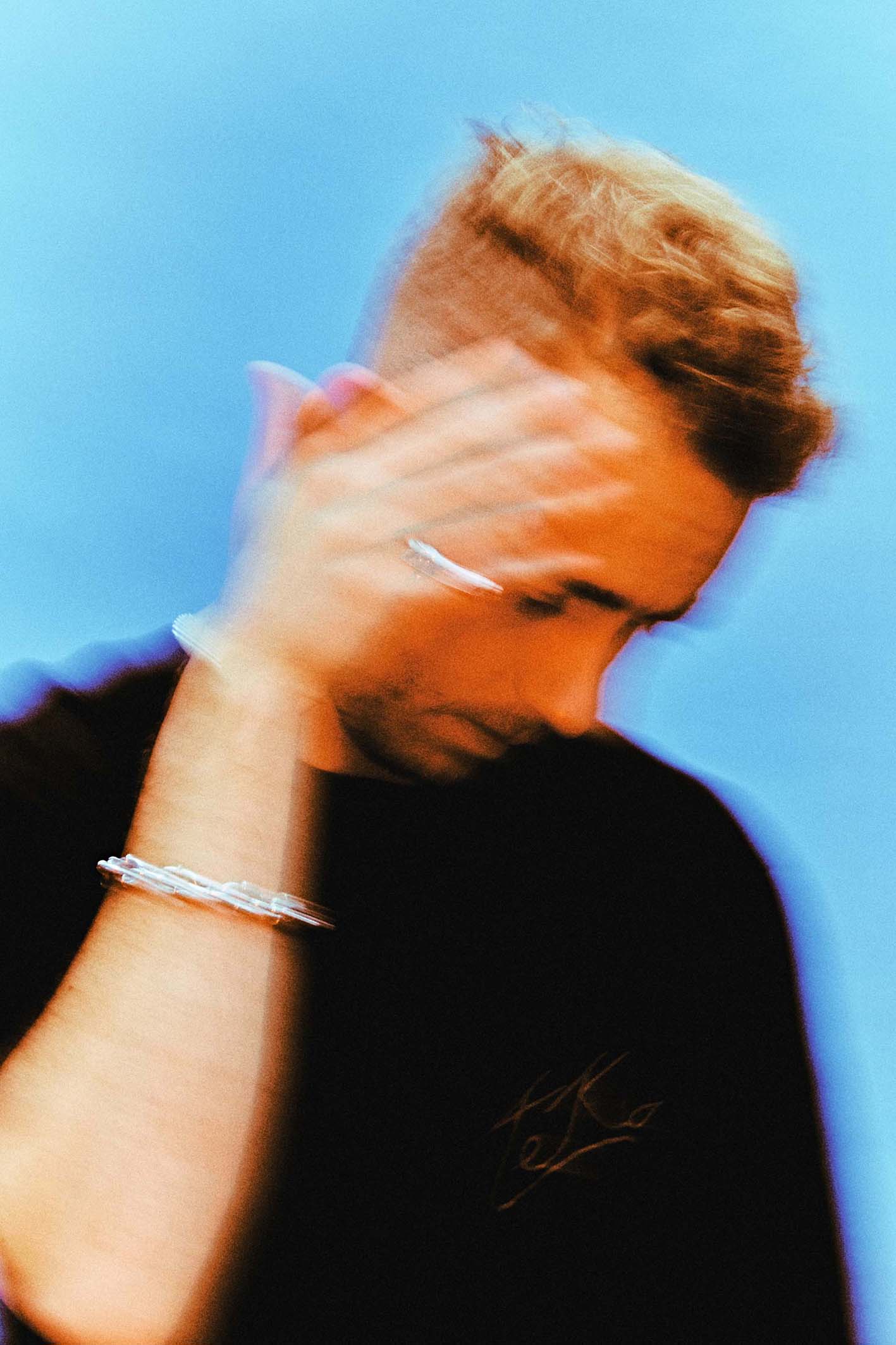
Was there a moment during the production when you realised that her vocals were just working and it was all coming together?
I have to try and not sound like a spoilt little brat but I’m lucky to be in a position where I’m getting vocals sent to me from artists like that quite a lot and quite a lot of the times it doesn’t work out. So even at that point you are like, “Ok we’ll get it sounding as good as we can”, and it’s up to the gods and we’ll see what happens. But here Ina Wroldsen who did the demo is incredible, she has a very distinctive voice but I remember thinking that Kylie had really spent time trying to make sure she was nailing each of those tiny little inflections, things that are so subtle that if you miss you end up losing a lot of energy. So I remember thinking, “This is as good as it possibly can be.”
How cool does it feel to have worked on such a big track and such an event?
It’s an honour to be part of that single and that kind of iconic world. I grew up listening to that music and it was just a really cool moment. But honestly the thing that has been the most rewarding has been this real cultural moment. I don’t know if I have experienced that with a song. Sometimes with big artists or big releases you get a sense within the industry if it feels like it’s going to go or if everyone is talking about it like it’s going to be a big one. But with Padam we didn’t really have any of that. It was like, “Yeah it’s coming out on Friday, let’s see how it goes!” But I remember the days following that where I started to see things on Instagram, Twitter or TikTok, where people were making memes and it just felt very different to anything I’ve seen in the UK in terms of how fast it was spreading, and the reaction felt very organic. I think even she was completely taken by surprise by it. We were talking about it and she is just so grateful and overwhelmed by the love.
